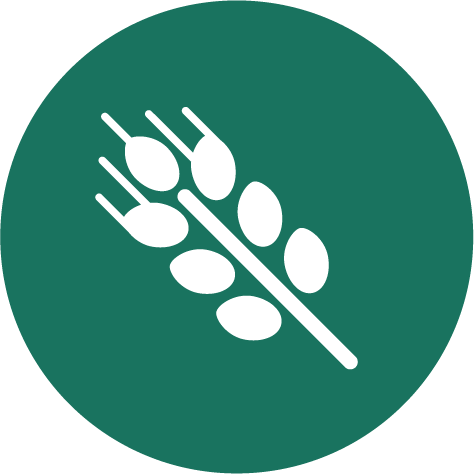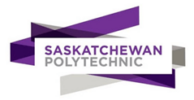 Agriculture & Agri-Food
Agriculture & Agri-Food Online at your own pace
Online at your own pace Fall Term
Fall Term Winter Term
Winter Term Less than $500
Less than $500 English
English
Venturing into data analysis can be daunting. However, much of the analysis required for agriculture operations may be less complex. For example, regression analysis can provide insight into production levels based on single focus items such as rainfall for the year. However, analyzing combinations of factors such as rainfall, soil condition, hours of sunlight, seed density and fertilizer application rates requires machine learning (ML)/AI to provide a more in-depth picture of what is happening. This microcredential introduces participants to analyzing data and format approaches, algorithms for decision-making, and interpreting results of compiled data.
The ideal learner will be looking to adopt sustainable farming practices using data and already be employed in the farming industry, either as an employee or owner. It is expected that the learner will have at least basic digital skills. The learners will complete the modules at their own pace. Therefore, this microcredential has been developed fully online.
Prior Learning
Learning Outcomes
Assessment
Precision farming practices using the latest techniques and technologies address various aspects of carbon footprint and clean technologies. An understanding of how smart equipment can assist with the reduction of greenhouse gases, not only regarding fertilizer application but also pesticide use and seeding practices, is vital. Technology skills and know-how benefits farmers by assisting the decision-making process regarding sustainable farming practices:
Innovative solutions, including clean technologies, are required to reduce emissions from agriculture. Promising new technologies are being developed to reduce emissions from livestock and crop production, including from the use of precision farming and “smart” fertilizers, which time the release to match plant needs, and from feed innovations that reduce methane production in cattle. Actions pertaining to the agriculture sector will be developed collaboratively through Canada’s Next Agriculture Policy Framework.
 Fall Term
Fall Term Winter Term
Winter Term